The House of Special Purpose
by John Boyne
In The House of Special Purpose, John Boyne (The Absolutist) once again takes readers into the turbulent time period of World War I with an ornately scripted and often heart-pounding vision of the fall of czarist Russia.
In 1981, we meet Georgy Jachmenev, an elderly Russian émigré whose beloved wife, Zoya, is dying of ovarian cancer in a London hospital. As he hopes against hope for her recovery, Georgy's thoughts meander back through the best and worst years of their long marriage--always "GeorgyandZoya," never Georgy and Zoya--to his earlier years in Russia, a life so different from the one he has shared with his wife that it seems to belong to another person entirely.
As a teenage peasant in imperial Russia, Georgy's impetuous and dramatically heroic interruption of an assassination attempt saved the life of a Russian nobleman and catapulted him into the court of Nicholas II, the last tsar of Russia. Georgy recounts leaving his sisters and abusive father behind to become the companion and bodyguard to the 10-year-old Tsarevich Alexei. At first dazzled by the extravagant wealth of the Romanov family, Georgy quickly finds a distraction, consumed by thoughts of his first sweetheart, the Grand Duchess Anastasia. However, neither loyalty nor love can halt the terrible march of history. Even if Georgy can avoid the machinations of the treacherous Rasputin, who sees Georgy as a tool to influence the next tsar, the Bolshevist Revolution looms on the horizon, ready to rob him of his love, livelihood and innocence.
Boyne creates a series of events so intricate and realistic that it is difficult to remember one is reading historical fiction and not the memoir of an ordinary yet thoroughly honorable man. While his hardscrabble peasant life, lack of education and youth make the teenaged Georgy as naive as Bruno from Boyne’s The Boy in the Striped Pajamas, he is by nature honest, steadfast and intelligent. While his pride and adolescent need to belong occasionally lead him astray, his foibles are relatable, and Boyne shows us how Georgy matures through decades marked as much by tragedy and grief as by love and family.
While Nicholas II's reign was hardly blameless or bloodless, Boyne heightens readers' sympathies for the doomed Romanovs by focusing on their family dynamic. Imperious and cold though the tsaritsa may be toward servants, her protective instincts toward her hemophiliac son give her the same passion as any mother with an endangered child. Georgy, raised to believe in the tsar's divine right, never focuses on the less savory aspects of the tsar's reign, seeing instead a tired, fatherly ruler trying to remain stalwart in the face of overthrow and execution. Most importantly, the romance between Georgy and Anastasia infuses the story with simple tenderness as the young couple discover the innocent thrill of touching hands and meeting in secret to steal chaste kisses. While the first love angle is bittersweet due to the sheer impossibility of a happily ever after, readers will find their sympathies belong completely to the young lovers.
Scenes from various phases of Georgy's marriage to Zoya are equally affecting as Georgy proves that his early experiences forged the strength and loyalty necessary to bind him to his wife in the face of deep personal rifts--and even death itself. Though he walks a thorny path, Georgy's life story brims with adventure, history, loss and his unfailing hope for a better ending to every story. A testament to human will in the face of adversity, Boyne's narrative will break a tiny piece of your heart one moment and bring a triumphant smile to your face the next. As enthralling and intricate as a Faberge egg, The House of Special Purpose is a rare treasure readers will savor. --Jaclyn Fulwood



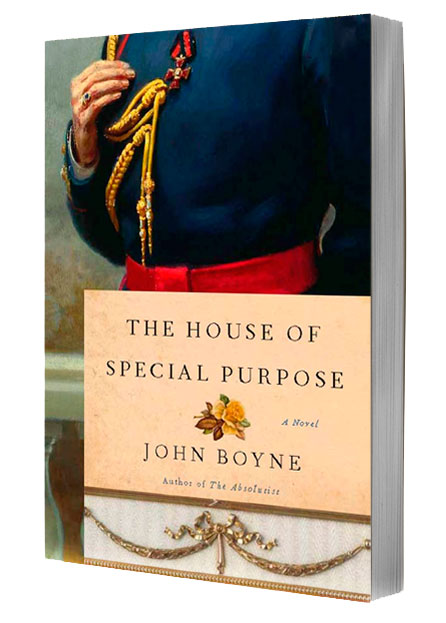
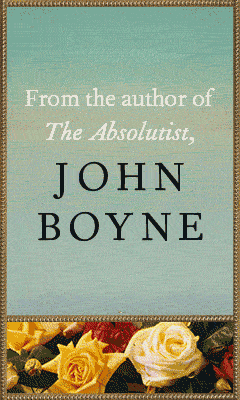
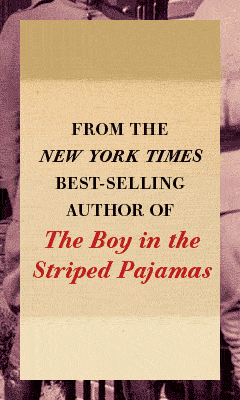
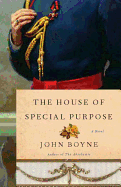

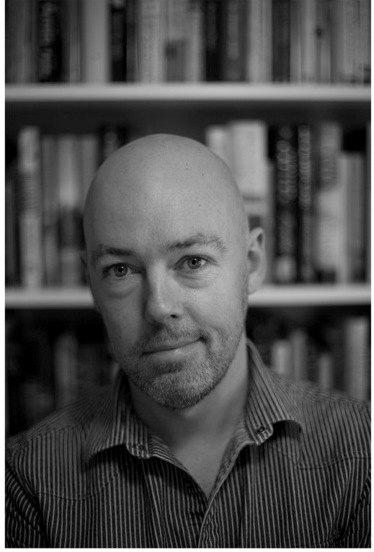
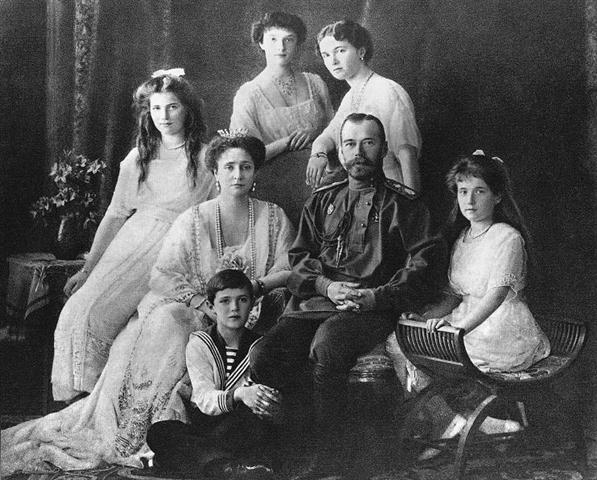 What's it like to cross back and forth between writing for adults and writing for children?
What's it like to cross back and forth between writing for adults and writing for children?